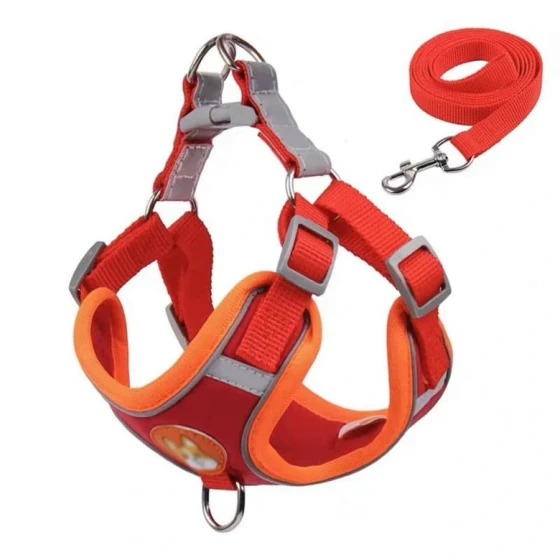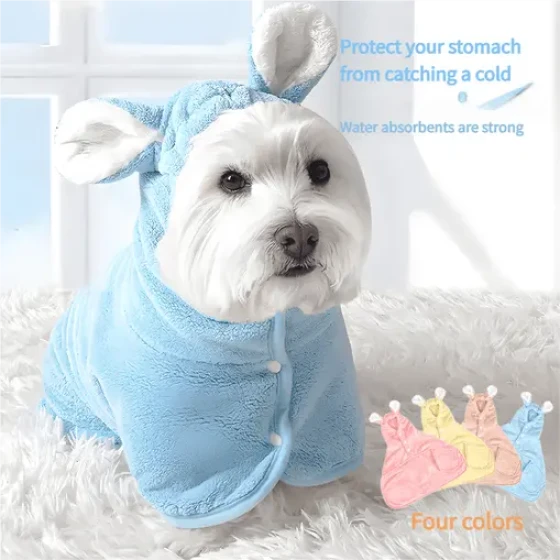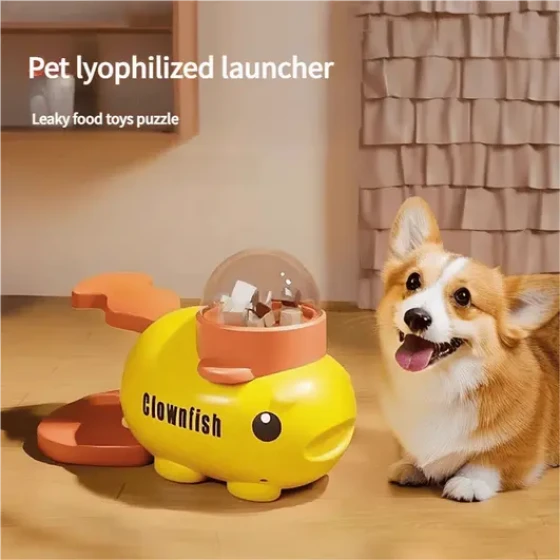Is a Labrador a Large Dog? You Can Tell by Its Size
Every dog breed has its unique characteristics, their lifestyles, personalities, and ways of interacting with their owners are all different. Today we will discuss the Labrador Retriever. For this relatively large breed, raising them can be more troublesome because they need a lot of space to move around. However, pet dogs kept in cities usually have smaller activity areas, so Labradors are more suitable for rural raising. Some people might think Labradors are a smaller breed because they are comparatively small when young, but they grow much larger as adults. Today, let's explore whether Labradors are large dogs?
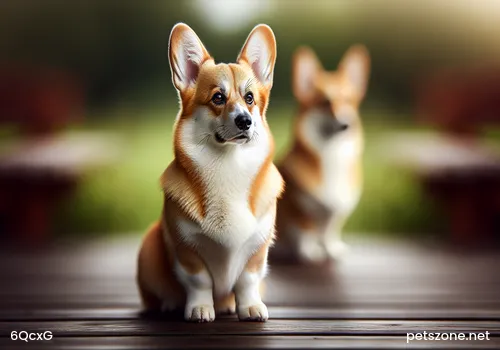
Among Labradors, there are both large and medium-sized dogs, and sizes can vary depending on their physique, so this should be carefully considered when choosing one. Labradors look very similar to Golden Retrievers but differ significantly in personality and physical aspects. Labradors have historically had more serious hereditary diseases, so some Labradors require surgeries. If you want to raise a Labrador, you should consider this carefully. Labradors are so robust because exercise is essential for them. Therefore, if your home does not have space for dog training, you should at least accompany your dog for exercise daily; otherwise, the dog might get cranky.
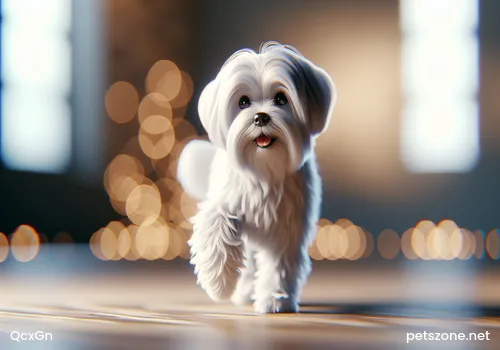
Large dogs generally have large appetites, and compared to other similarly large breeds, Labradors have even bigger appetites. So the usual amount of dog food usually cannot satisfy them. Feeding premium dog food continuously increases costs significantly. Therefore, Labradors are not very suitable for city living. Moreover, if you do not feed dog food to your Labrador, many human foods are unsuitable for dogs and cannot support healthy development.
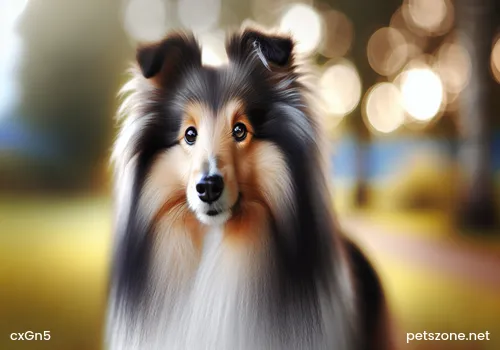
Labradors grow very quickly from puppies to adult dogs and stop growing after reaching a certain age. How large a Labrador grows also depends on whether the owner trains the dog properly. Proper training during puppyhood greatly helps the dog’s development and growth. Concurrently, nutritional intake must be monitored to avoid deficiencies. During the dog's growth process, teeth gradually grow and require some chewing items to help maintain dental health.
